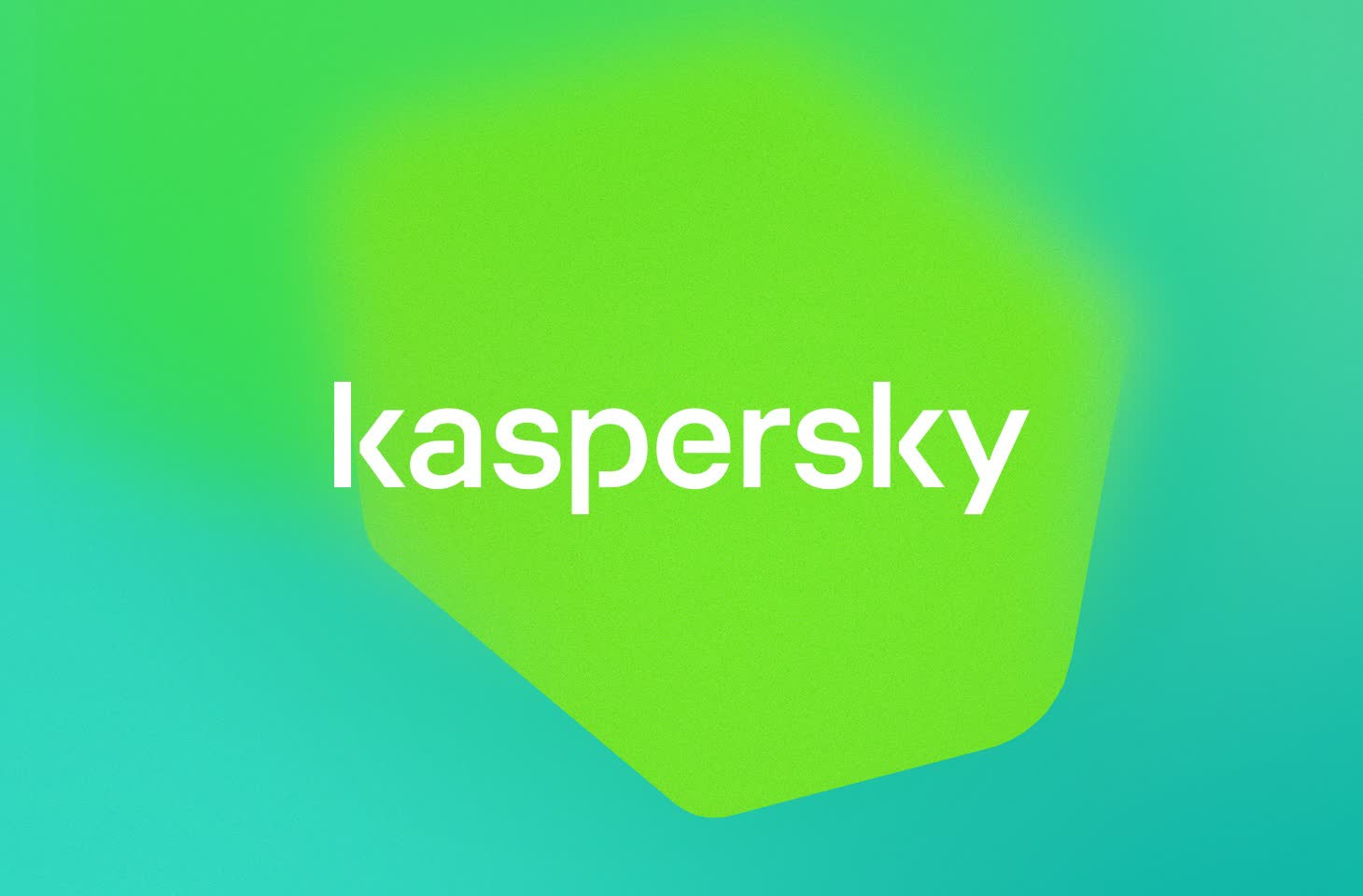In a nutshell: The Biden administration has announced plans to prohibit the sale of Kaspersky Lab's antivirus software in the United States. This decision, unveiled on Thursday, comes from growing concerns about Russia's potential influence over the company and the security risks this could pose to American users.

Commerce Secretary Gina Raimondo didn't mince words when explaining the rationale behind this step during a press briefing. "Russia has shown it has the capacity and the intent to exploit Russian companies like Kaspersky to collect and weaponize the personal information of Americans and that is why we are compelled to take the action that we are taking today."
The new restrictions are set to take effect on September 29, giving businesses a 100-day grace period to find alternative solutions. Meanwhile, any new business by Kaspersky on US soil will be blocked 30 days after the announcement of the restrictions. The Commerce Department is also planning to add three Kaspersky units to a trade restriction list, effectively cutting them off from US suppliers.
Kaspersky, for its part, isn't taking this lying down. The company fired back, suggesting that the US decision is more about "present geopolitical climate and theoretical concerns" rather than any concrete evidence of wrongdoing. They're vowing to pursue legal options to keep their US operations alive, maintaining that they're a privately managed company with no ties to the Russian government.

That said, the ban doesn't just cover new sales. It will also block software updates, resales, and even licensing of Kaspersky products. Products that integrate Kaspersky technology and are sold under a different name are also covered by the restrictions.
The move is part of a broader strategy by the Biden administration to mitigate potential cybersecurity threats from Russia. It's bringing into play a new authority that allows it to restrict transactions between US firms and tech companies from "foreign adversary" nations like Russia and China.
At the same time, the US has also apparently been running low on fresh sanctions to slap on Russia for its ongoing war in Ukraine, so the timing of this announcement is particularly interesting.
Kaspersky has been in hot water before. Back in 2017, the Department of Homeland Security gave the software the boot from federal networks, citing possible ties to Russian intelligence.
But the heat really turned up after Moscow's move against Kyiv in early 2022. Following the invasion, the German Federal Office for Information Security (BSI) issued a warning that Russian IT manufacturers can "carry out offensive operations," recommending that Kaspersky antivirus products be replaced with alternatives.
Not long after, the US FCC added AO Kaspersky Lab to a "national security threat" blacklist alongside Chinese telecom firms Huawei Technologies Co and ZTE Corp. Kaspersky was the first Russian company on the list.
Biden administration bans Kaspersky software in the US over national security concerns